Singapore's real estate market experiences distinct seasonal trends. Activity peaks between January and March, leading to potentially lower prices in the second quarter. Timing investments during this dip allows cost-effective purchases. Off-peak seasons (October-December) offer advantages like fewer new launches and developer incentives. Lifestyle preferences should consider tropical climate variations, with wet and dry seasons impacting daily life. Meticulous financial planning is crucial, including budgeting, saving, and assessing associated costs. Legal and administrative navigation involves property searches, due diligence, stamp duties, and tax considerations. Understanding seasonal trends enables capitalizing on market fluctuations for maximum gains in buying a second property in Singapore.
Considering investing in your second property in Singapore? Timing is key. This guide explores the best times of year to buy, leveraging Singapore’s unique real estate seasonality. From understanding market trends and ideal purchase moments to factoring in weather and financial planning, you’ll discover strategies for making an informed decision. Learn about legal considerations and long-term investment benefits, ensuring you capitalize on seasonal advantages when purchasing your next property in this dynamic city-state.
- Market Trends: Understanding Singapore's Real Estate Seasonality
- Timing Your Purchase: When Are Prices Most Favorable?
- Lifestyle Considerations: Weather and Its Impact on Property Decisions
- Financial Planning: Budgeting for a Second Property
- Legal and Administrative Aspects: What to Expect Throughout the Year
- Long-Term Strategies: Potential Benefits of Seasonal Investments
Market Trends: Understanding Singapore's Real Estate Seasonality
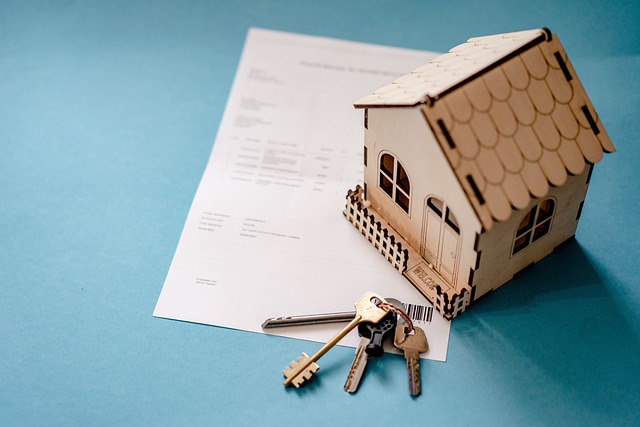
Singapore’s real estate market, like many others, exhibits distinct seasonal trends that can significantly impact property prices and availability. Understanding these patterns is crucial for anyone looking to invest in a second property. Generally, the housing market shows signs of activity during the first half of the year, with a peak in demand often occurring between January and March. This period coincides with the start of the financial year, when many individuals look to upgrade or invest in new properties.
However, as the year progresses, the market may cool down slightly. The second quarter typically sees a decline in property transactions, leading to potentially lower prices and a wider range of options for buyers. This seasonal dip can be an opportune time for those seeking to purchase a second property at competitive rates. By timing their investment strategically, buyers can take advantage of these fluctuations and make more cost-effective decisions in the ever-dynamic Singapore real estate landscape.
Timing Your Purchase: When Are Prices Most Favorable?
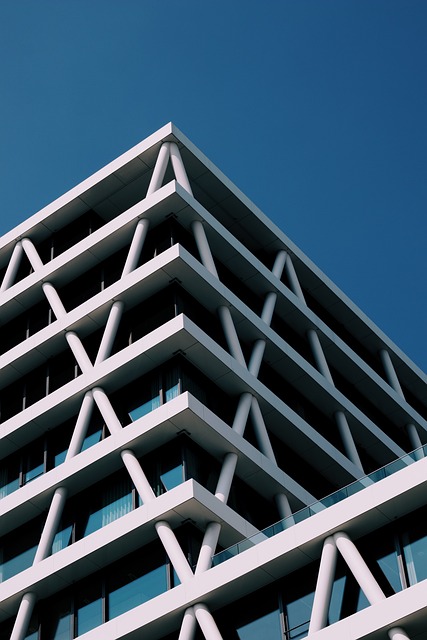
Timing your purchase is a crucial aspect when considering buying a second property in Singapore, as it can significantly impact your investment potential. The real estate market in Singapore experiences fluctuations throughout the year, offering diverse opportunities for savvy investors. Historically, the end of the year, particularly from October to December, has been a favorable period for buyers. During these months, there’s often a decrease in new property launches, leading to more negotiation room and potentially lower prices compared to peak seasons.
Real estate agents suggest that developers tend to clear their pipelines and offer incentives during this off-peak season, making it an opportune time to secure a good deal on a second property. Additionally, with fewer buyers actively looking, you may find yourself with less competition, allowing for a more relaxed yet strategic purchasing experience.
Lifestyle Considerations: Weather and Its Impact on Property Decisions
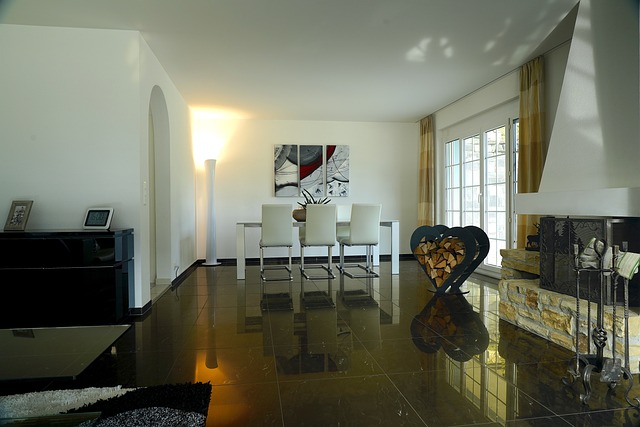
When considering a second property in Singapore, lifestyle preferences and weather patterns play a significant role. The tropical climate in Singapore offers a year-round warm and humid environment, which can be appealing to many residents and expatriates alike. However, it’s essential to understand how this climate influences your daily life and potential long-term comfort in the property.
The wet season, typically from November to January, brings heavy rainfall and humidity, making outdoor activities less enjoyable during these months. In contrast, the dry season from May to October offers more comfortable weather, with lower humidity and occasional breezes. This seasonal variation may impact your decision on when to buy, especially if you’re considering outdoor lifestyle or a property suitable for year-round entertainment.
Financial Planning: Budgeting for a Second Property
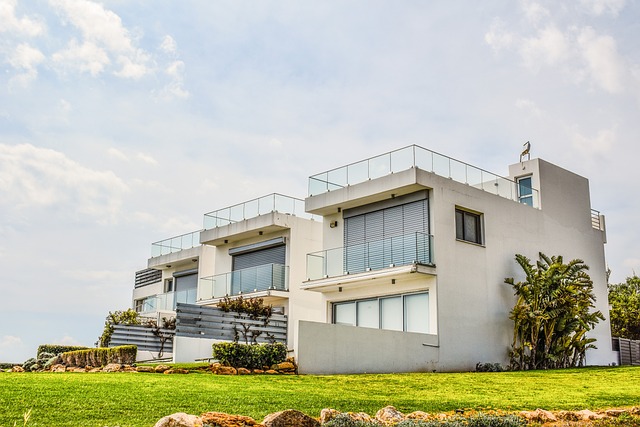
When considering a second property in Singapore, meticulous financial planning is paramount. Before you start your search, allocate time for budgeting and saving. Determine your financial capabilities and set a realistic budget that accounts for not just the purchase price but also associated costs like maintenance, taxes, and potential renovations.
Create a comprehensive plan that integrates your existing income and expenses with projected costs for the second property. This ensures you’re making a financially prudent decision. Remember, buying a second property is an investment, and proper planning can pave the way for long-term financial stability and potentially lucrative returns on your investment in Buying Second Property In Singapore.
Legal and Administrative Aspects: What to Expect Throughout the Year
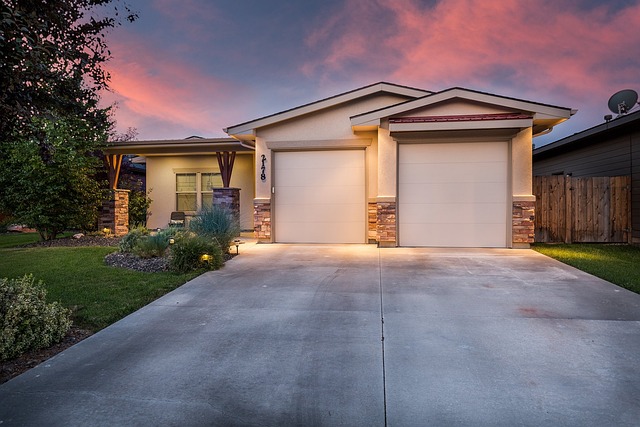
When considering a second property in Singapore, understanding the legal and administrative landscape is crucial. The process involves several steps and considerations that can vary throughout the year. In general, buying a second property requires careful planning and adherence to regulations set by the government.
Throughout the year, you can expect various legal formalities, including property searches, due diligence, and potentially dealing with stamp duties and other taxes. The timing of these procedures might influence your decision, as certain periods may experience higher administrative demands or changes in regulatory guidelines. Staying informed about any policy updates from relevant authorities is essential to ensure a smooth buying process when investing in a second property in Singapore.
Long-Term Strategies: Potential Benefits of Seasonal Investments
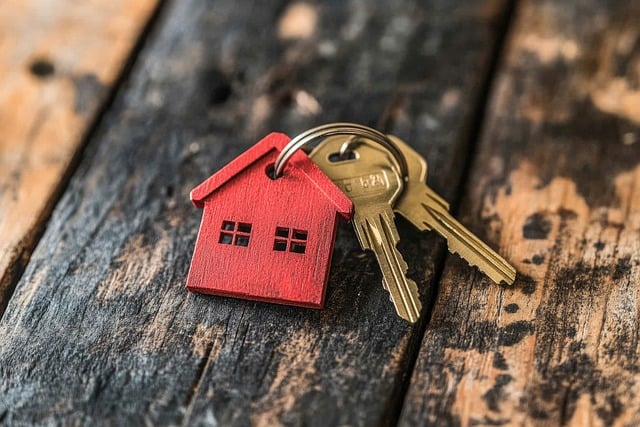
Investing in a second property in Singapore can be a strategic move for long-term gains, and understanding seasonal trends can play a pivotal role in your success. The real estate market in Singapore experiences fluctuations throughout the year, offering unique opportunities for buyers. One of the key benefits of adopting a seasonal approach is the potential for higher appreciation rates during specific periods. For instance, spring and autumn often see an upturn in property values due to increased demand from local and international investors alike. This surge in interest can lead to better prices for those looking to purchase.
Additionally, seasonal investments allow you to capitalise on different market conditions. Summer might bring a more active market with quicker sales, while winter could offer quieter periods with potentially lower prices. By strategically timing your purchases, you can secure a second property at a favourable rate, especially in a competitive market like Singapore. This long-term strategy not only provides potential rental income but also ensures that your investment portfolio is diverse and adaptable to seasonal shifts.
When considering a second property in Singapore, understanding the best times to invest can significantly impact your decision. By aligning with market trends, favorable prices, and personal preferences for weather and lifestyle, you can make informed choices. Financial planning and legal knowledge are also crucial. Embracing seasonal investments offers long-term strategies that could enhance your portfolio. Remember, each year presents unique opportunities, so stay attuned to the dynamics of Singapore’s real estate market to capitalize on the perfect time to buy.
